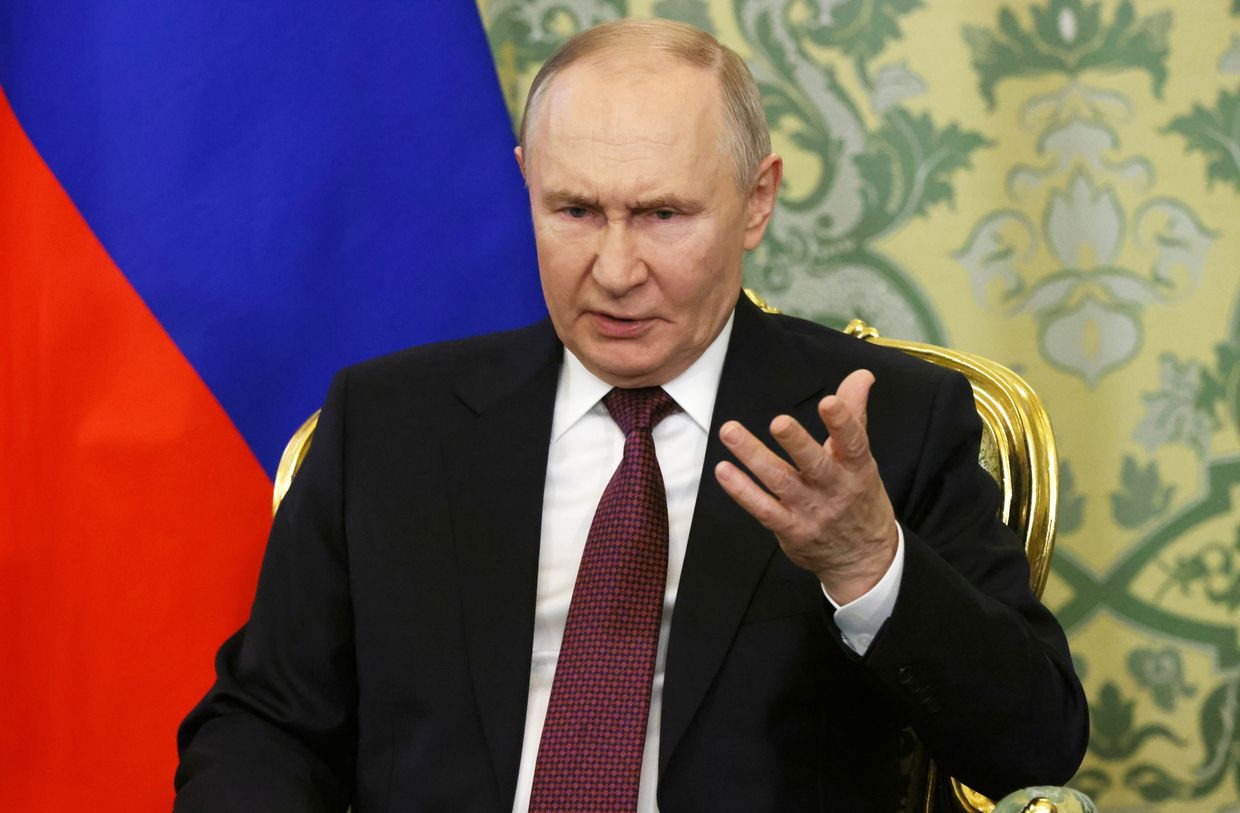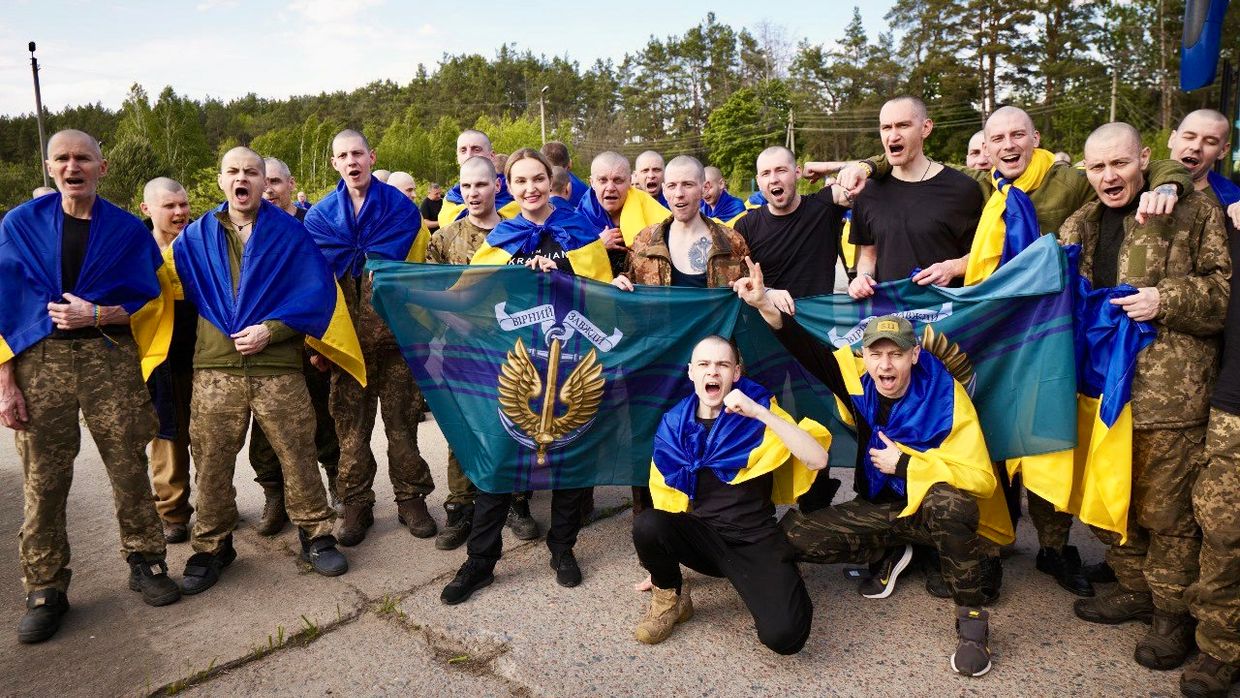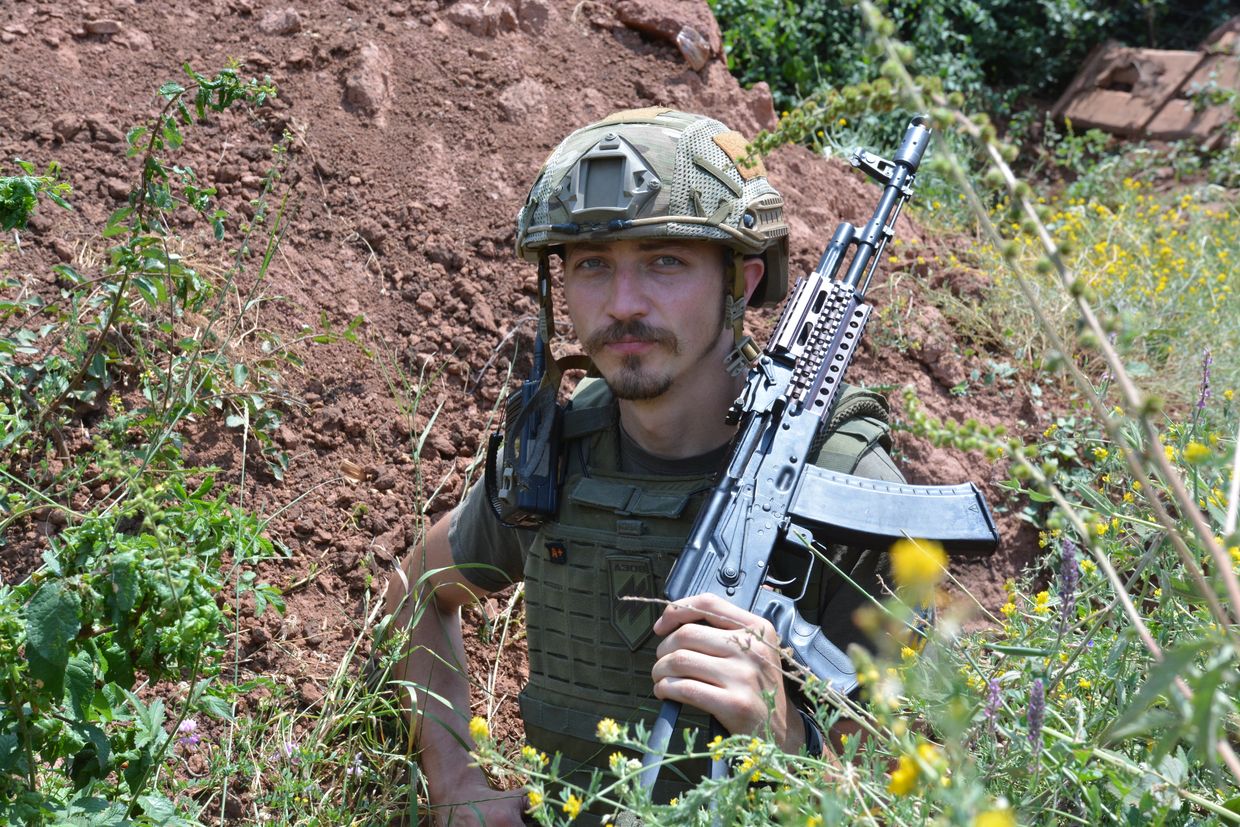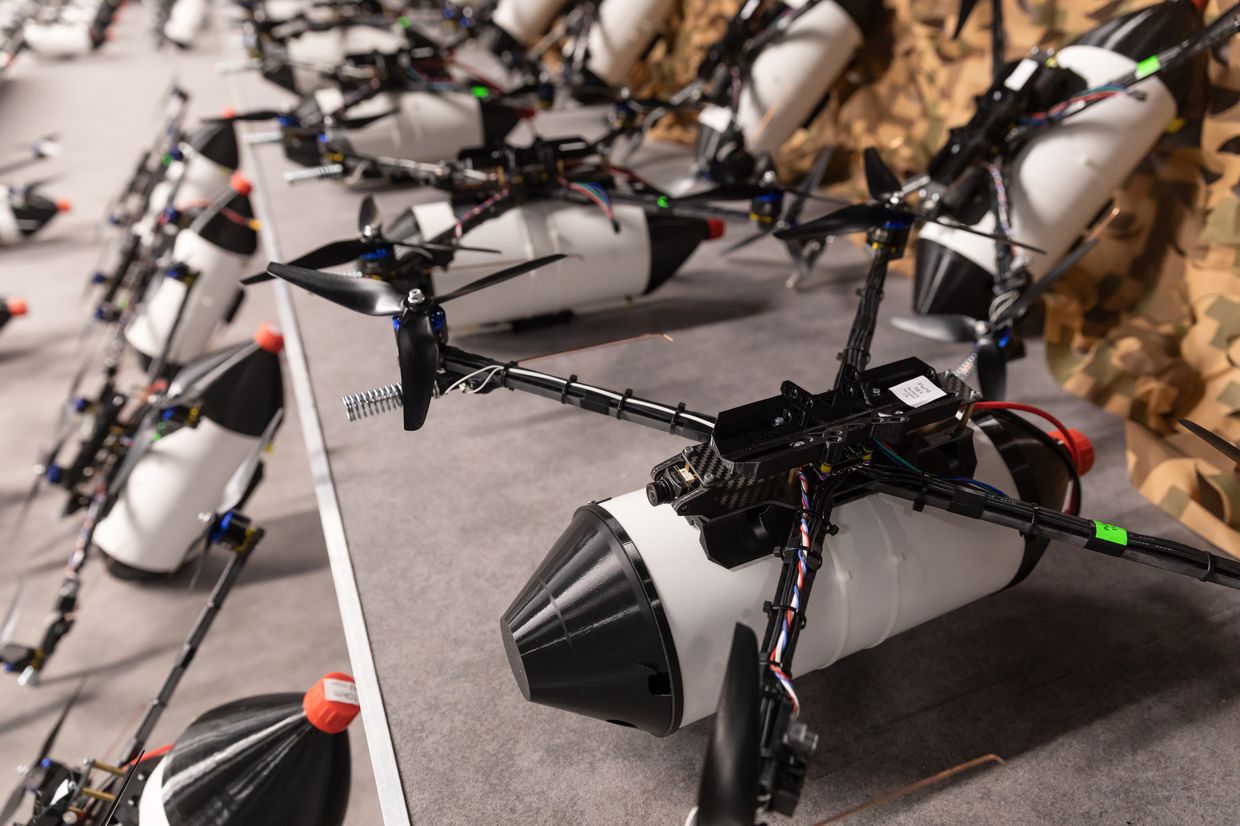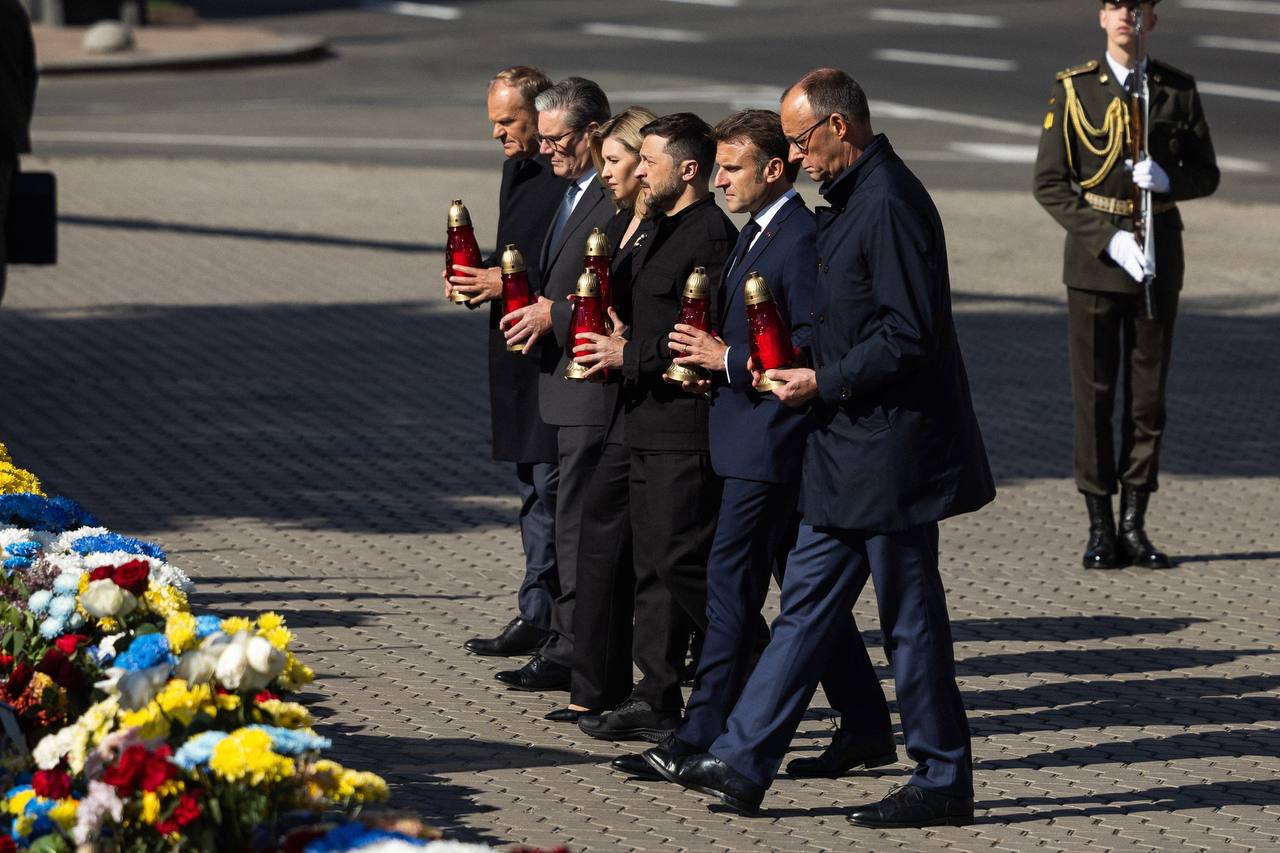
US, European leaders resoundingly reject Russia's proposal for talks without ceasefire first
Western leaders dismissed the Kremlin's proposal for talks in Istanbul on May 15 as insufficient.

Western leaders dismissed the Kremlin's proposal for talks in Istanbul on May 15 as insufficient.
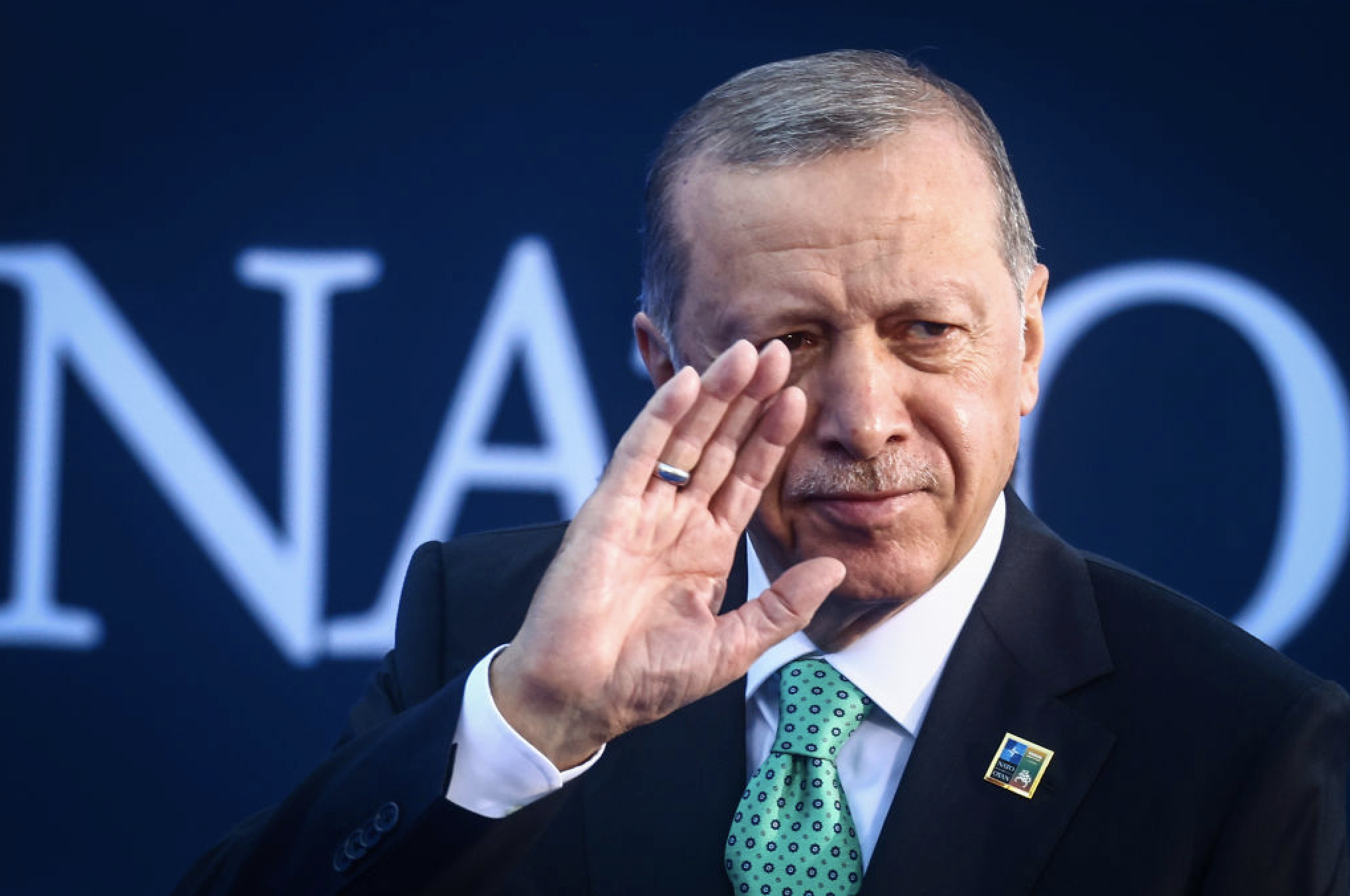
Erdogan told Macron that international cooperation is critical for initiating peace negotiations and the "sensitive implementation" of Ukraine’s recovery and reconstruction processes, the Turkish Presidency reported.
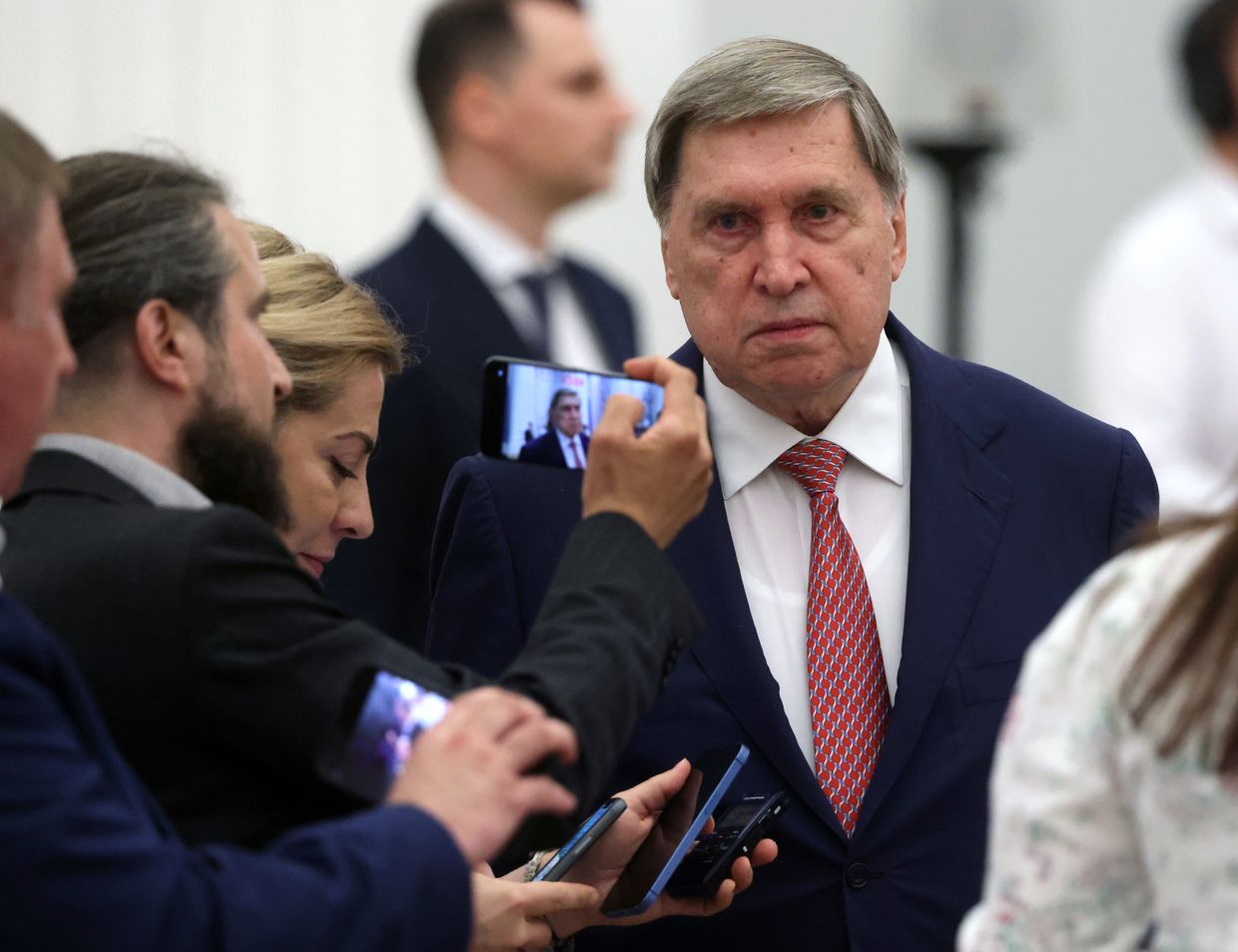
Ushakov’s comments follow Russian President Vladimir Putin's May 11 invitation for direct talks with Ukraine in Istanbul starting May 15.
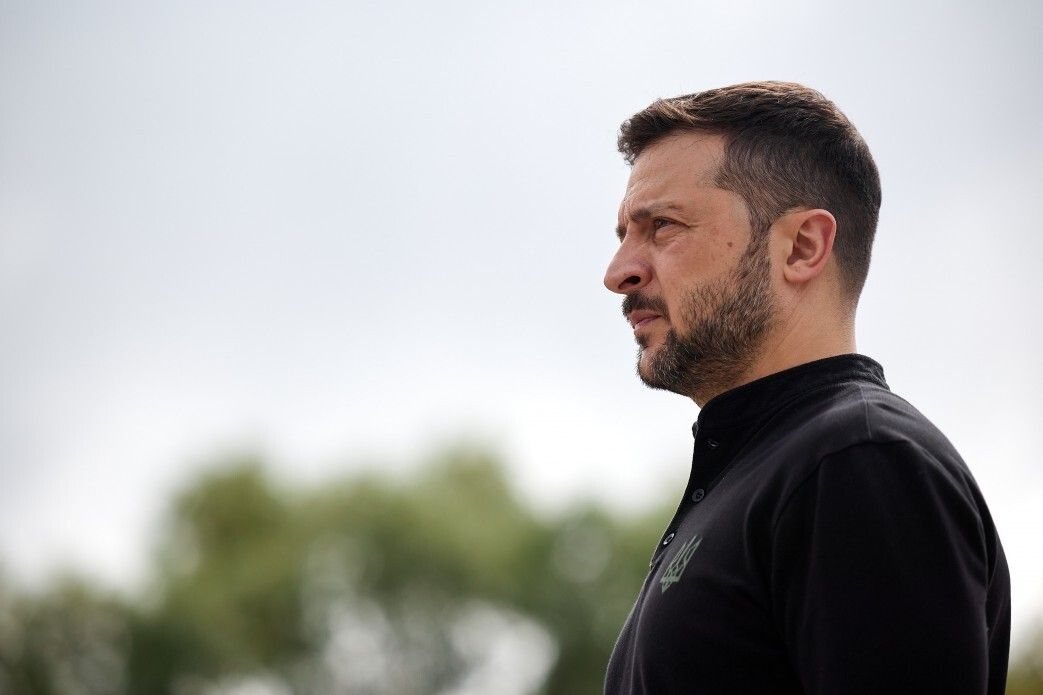
Zelensky called a ceasefire the essential first step toward ending the war.
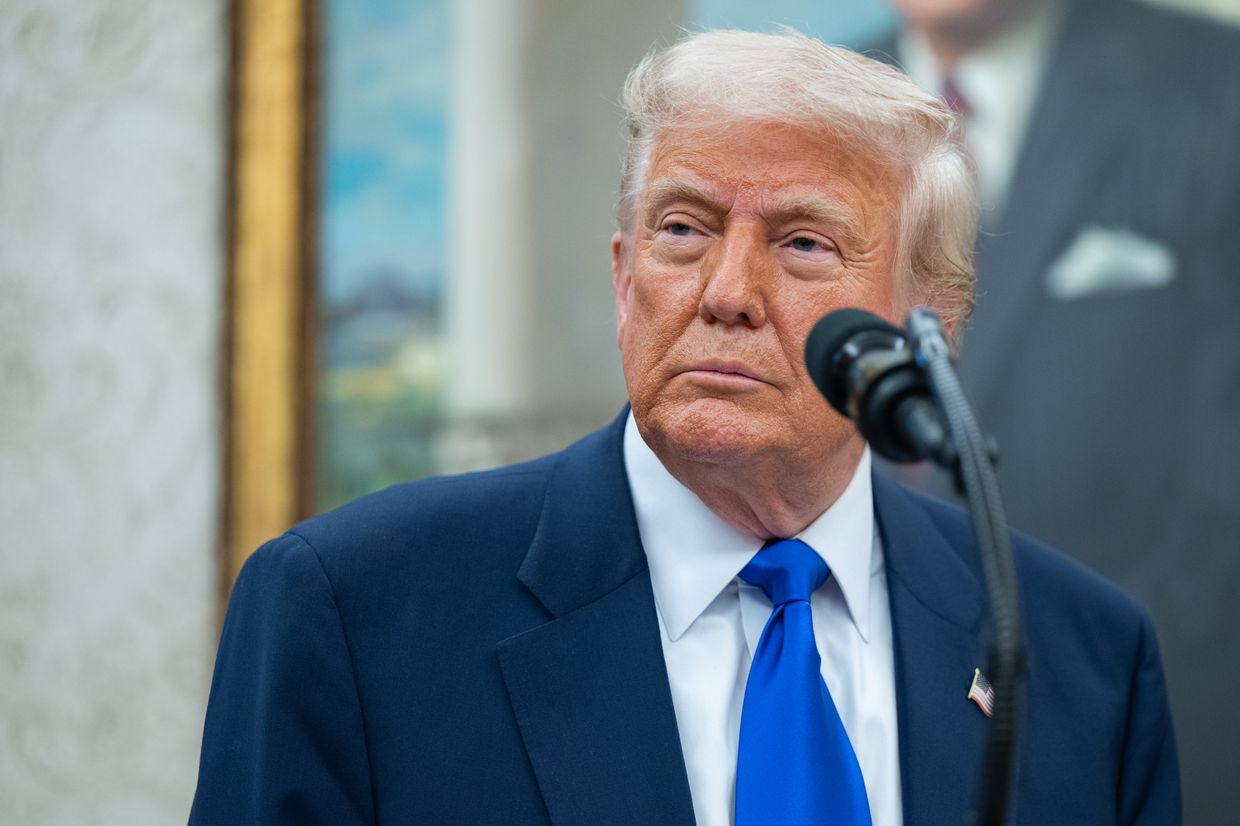
"Think of the hundreds of thousands of lives that will be saved as this never ending 'bloodbath' hopefully comes to an end... I will continue to work with both sides to make sure that it happens."
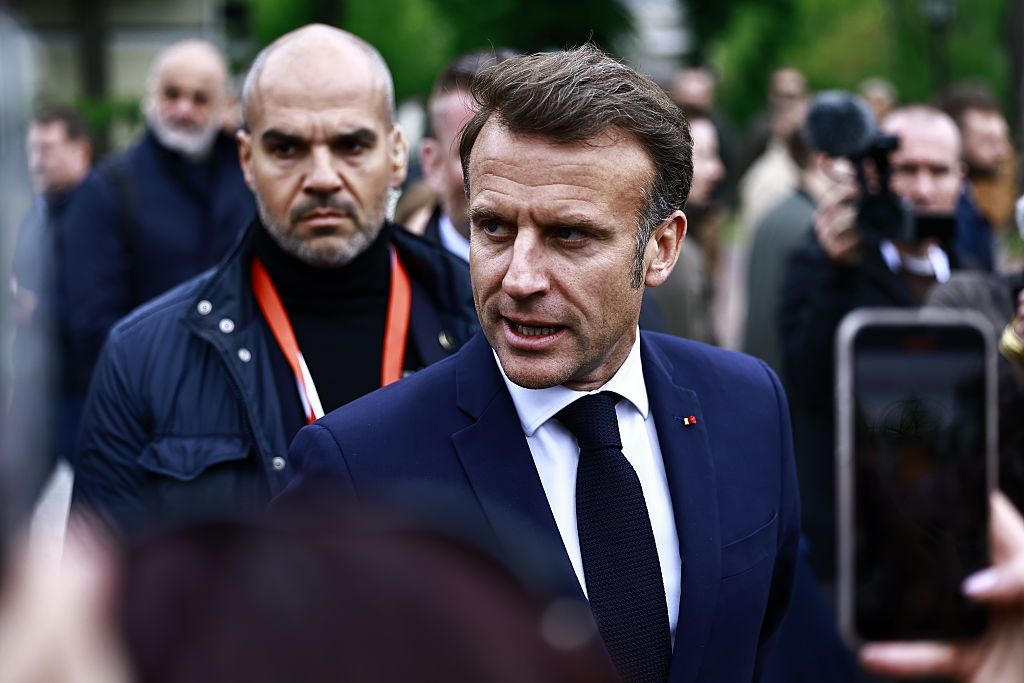
"An unconditional ceasefire is not preceded by negotiations," French President Emmanuel Macron told reporters on May 11.
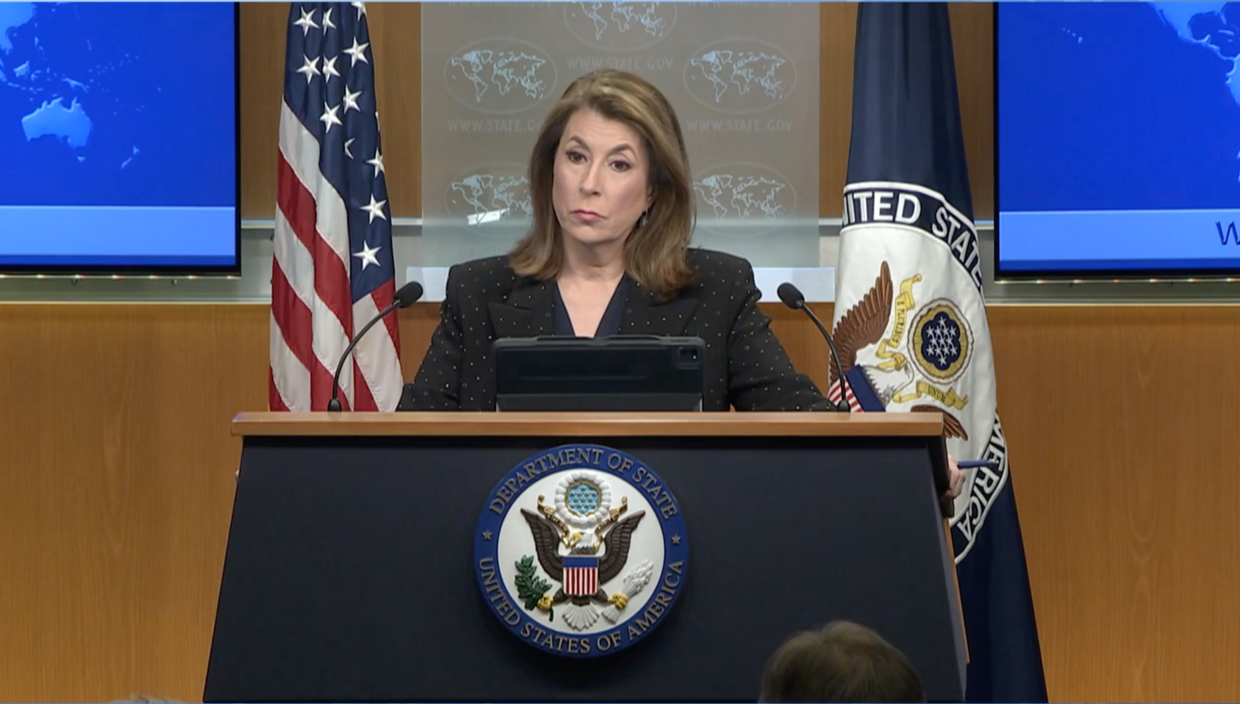
U.S. State Department Spokesperson Tammy Bruce called for "concrete proposals from both sides" in order for Washington to "move forward" in peace negotiations.
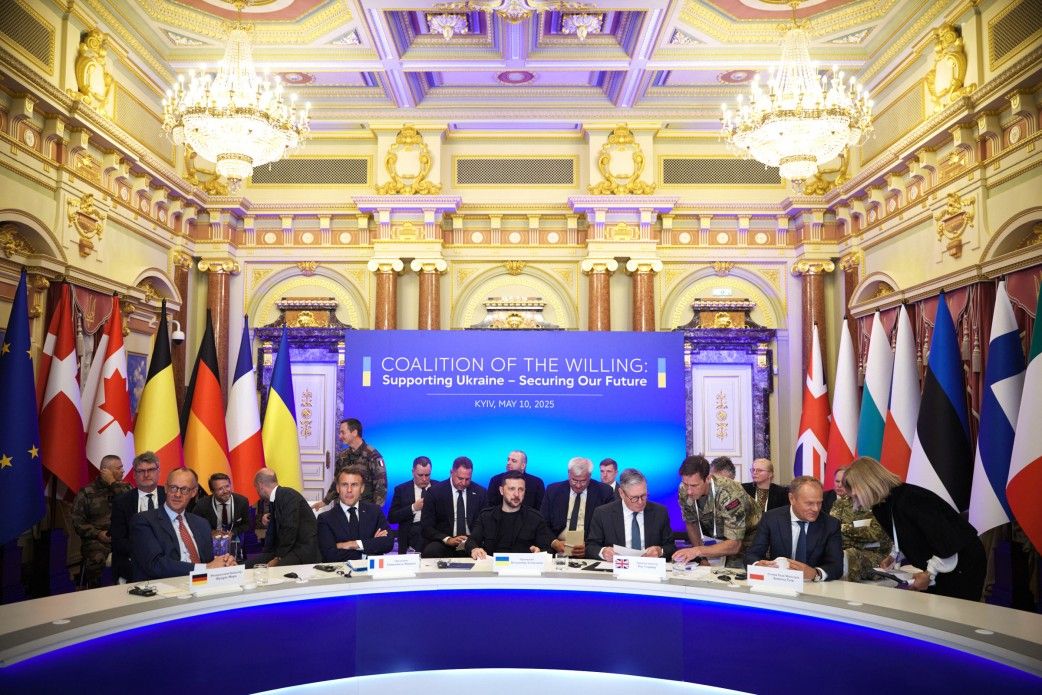
Tougher sanctions "should be applied to (Russia's) banking and energy sectors, targeting fossil fuels, oil, and the shadow fleet," the leaders of Ukraine, the U.K., France, Germany, and Poland said in a joint statement.
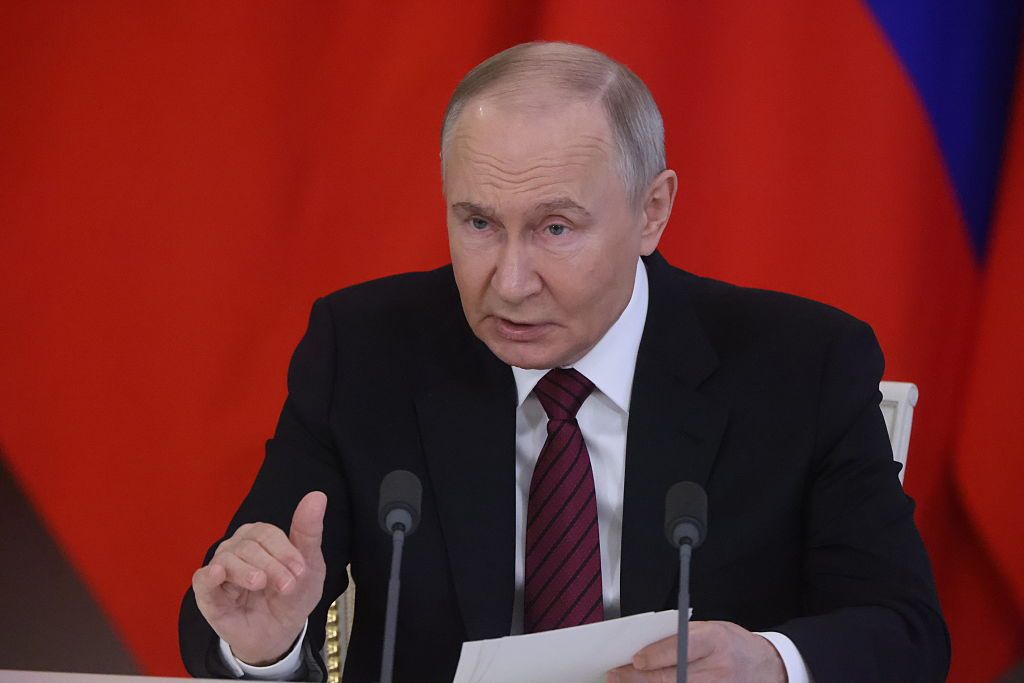
"Russia is ready for negotiations without any preconditions," Putin claimed in an address marking the end of the three-day Victory Day ceasefire. He invited Ukraine to begin talks in Istanbul on May 15.
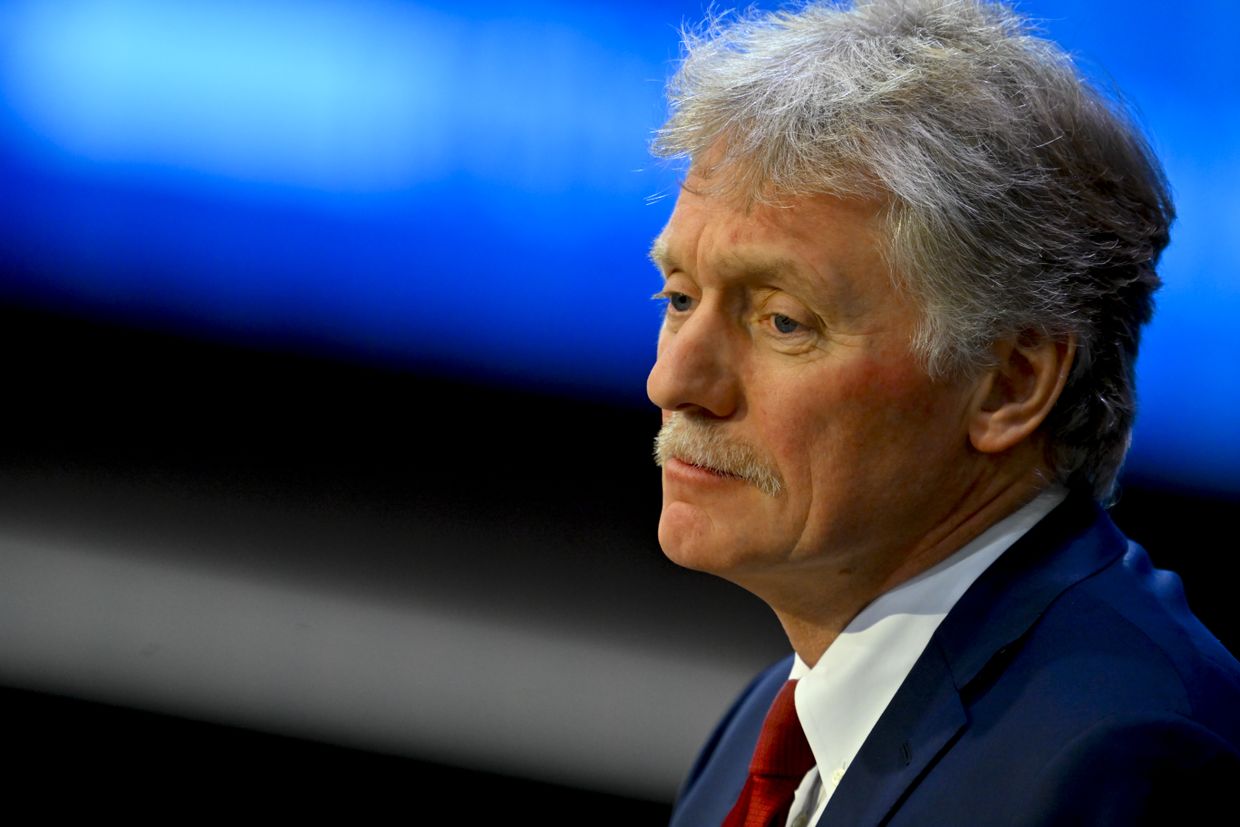
Speaking to CNN on May 10, Peskov commented on the latest ceasefire proposal from Ukraine and Europe, responding that Russia needs to "think about" it, but is "resistant" to pressure.

Speaking at a press conference in Kyiv on May 10, President Volodymyr Zelensky rebuked the idea of a demilitarized zone in the war and emphasized the importance of first securing a ceasefire.
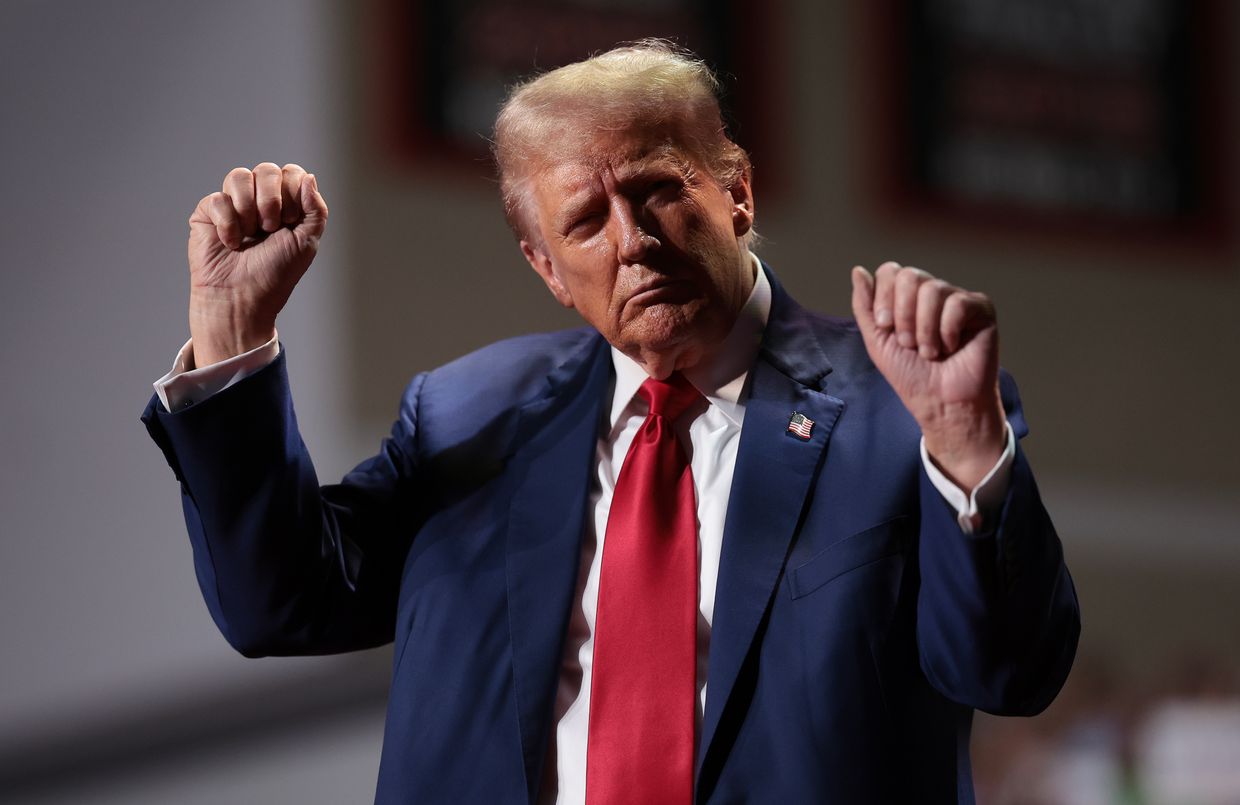
The announcement follows mounting fears that the two nuclear-armed countries were on the brink of engaging in another full-scale war.
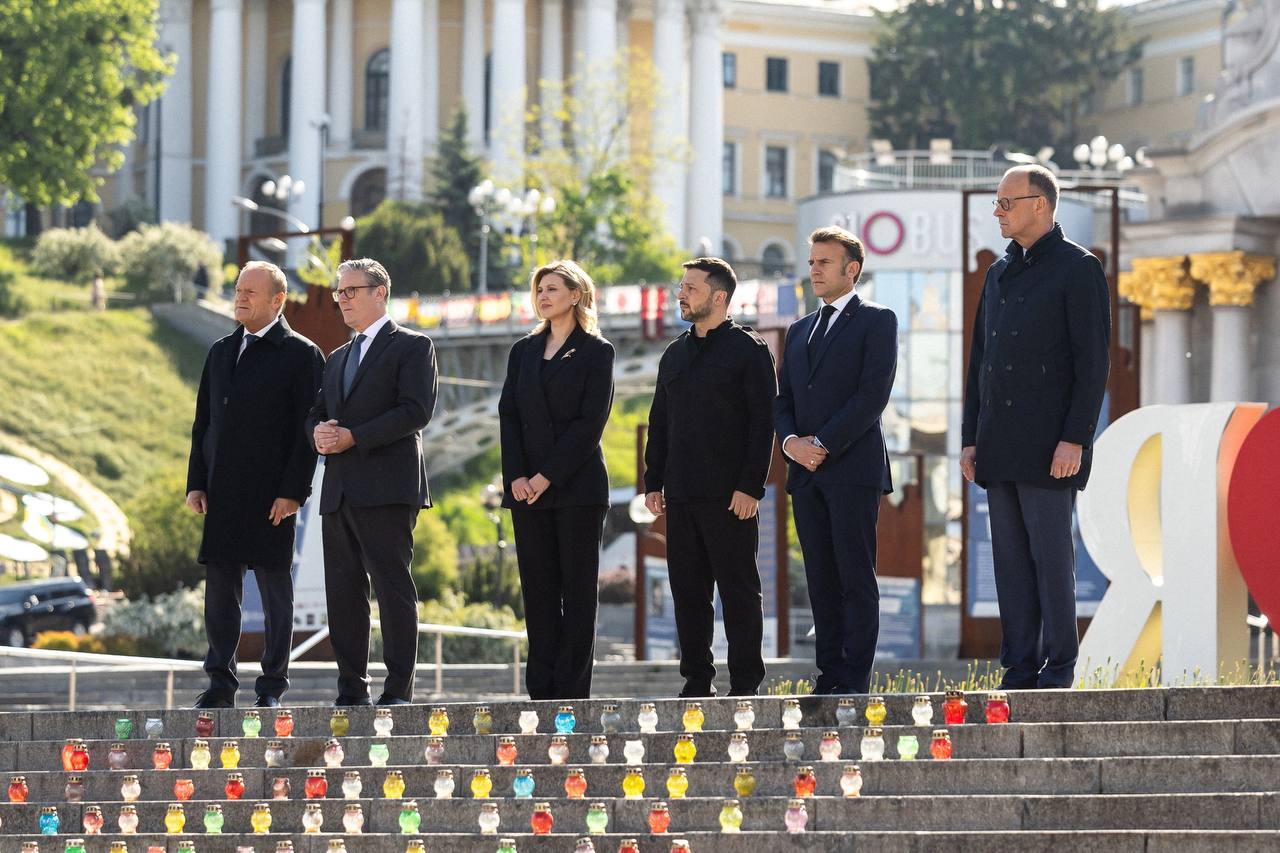
"We agreed that a full and unconditional ceasefire must begin on Monday, May 12, for at least 30 days. We jointly demand this from Russia, and we know we are supported in this by the United States," Zelensky said.
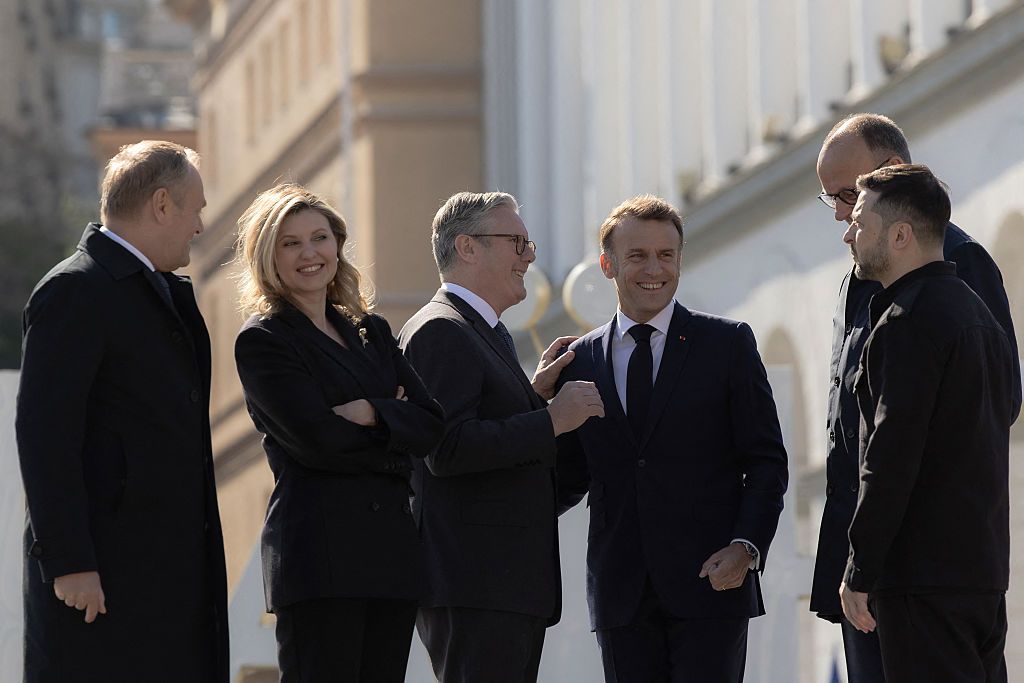
"Ukraine and all allies are ready for a complete unconditional ceasefire on land, in the air, and at sea for at least 30 days, starting as early as Monday," Ukraine's Foreign Minister Andrii Sybiha wrote.
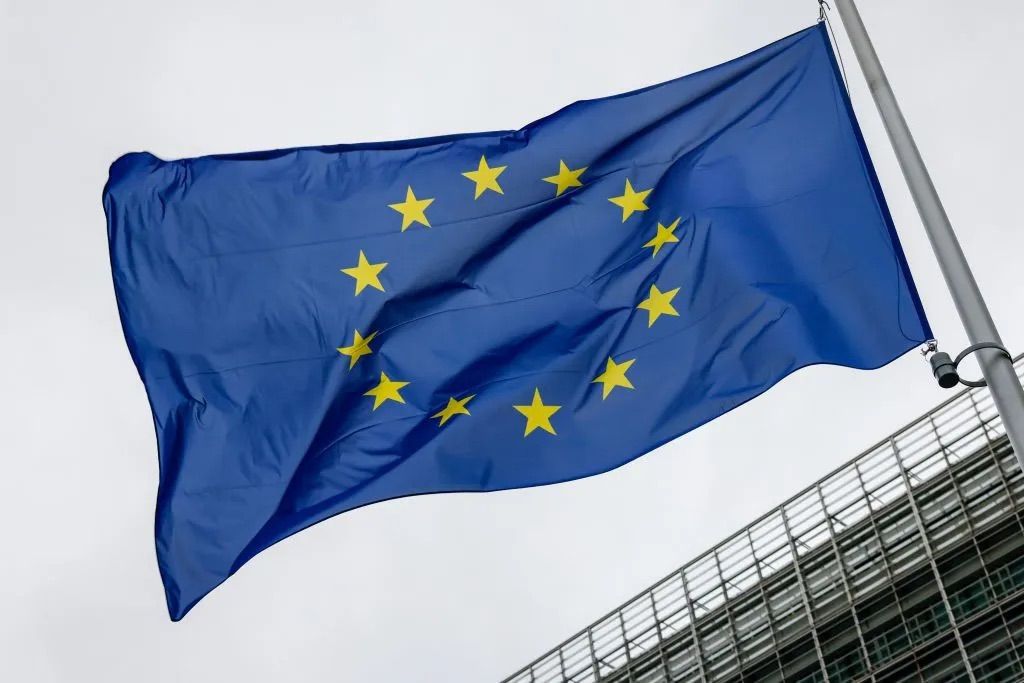
"As in the past, it is now for Russia to show its willingness to achieve peace," the EU's statement reads.
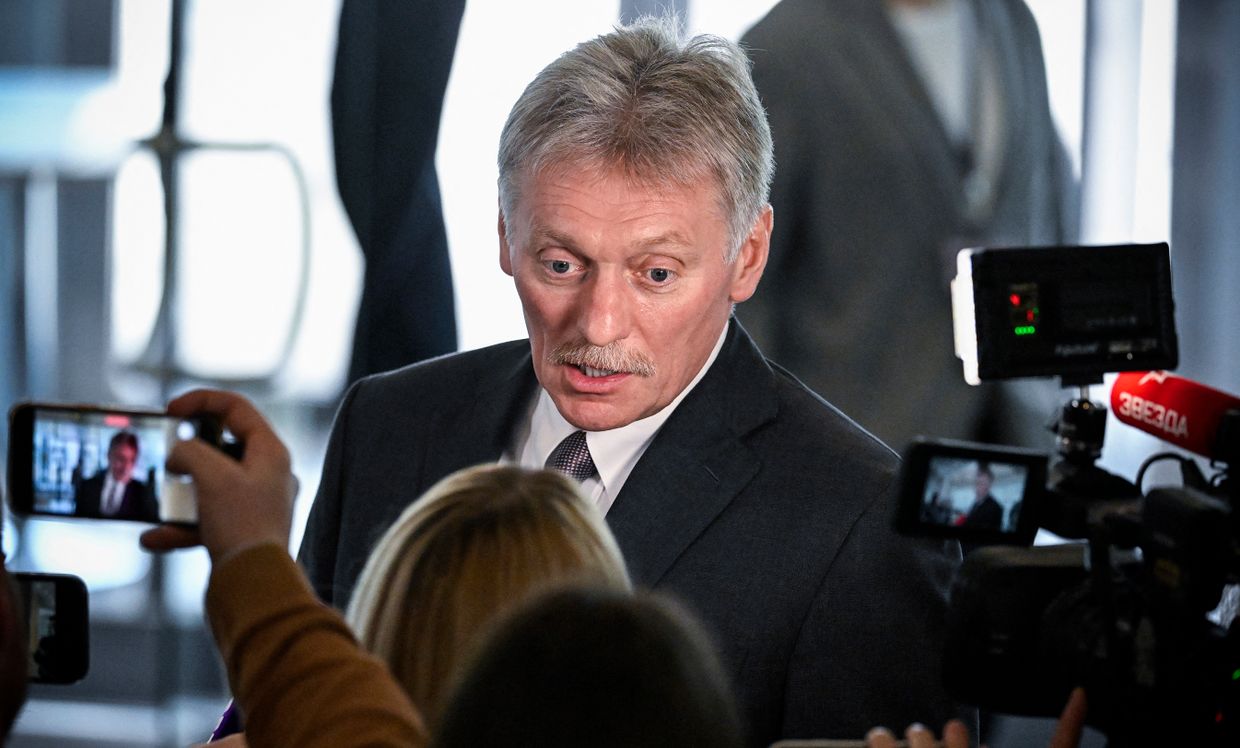
Kremlin spokesperson Dmitry Peskov rejected the idea of a 30-day ceasefire between Russia and Ukraine, claiming in an interview with ABC News on May 10 that it would be "an advantage" for Ukraine.
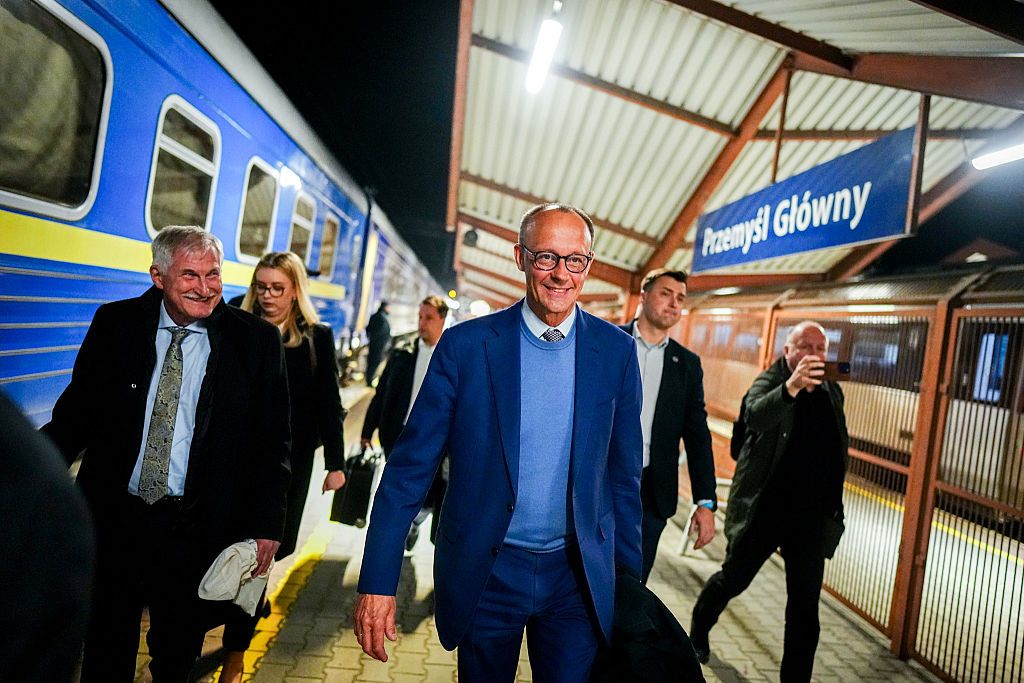
"I have great hope that an agreement for a ceasefire in Ukraine will be reached this weekend," German Chancellor Friedrich Merz said on May 9, shortly before traveling to Kyiv alongside the leaders of France, Poland, and the U.K.
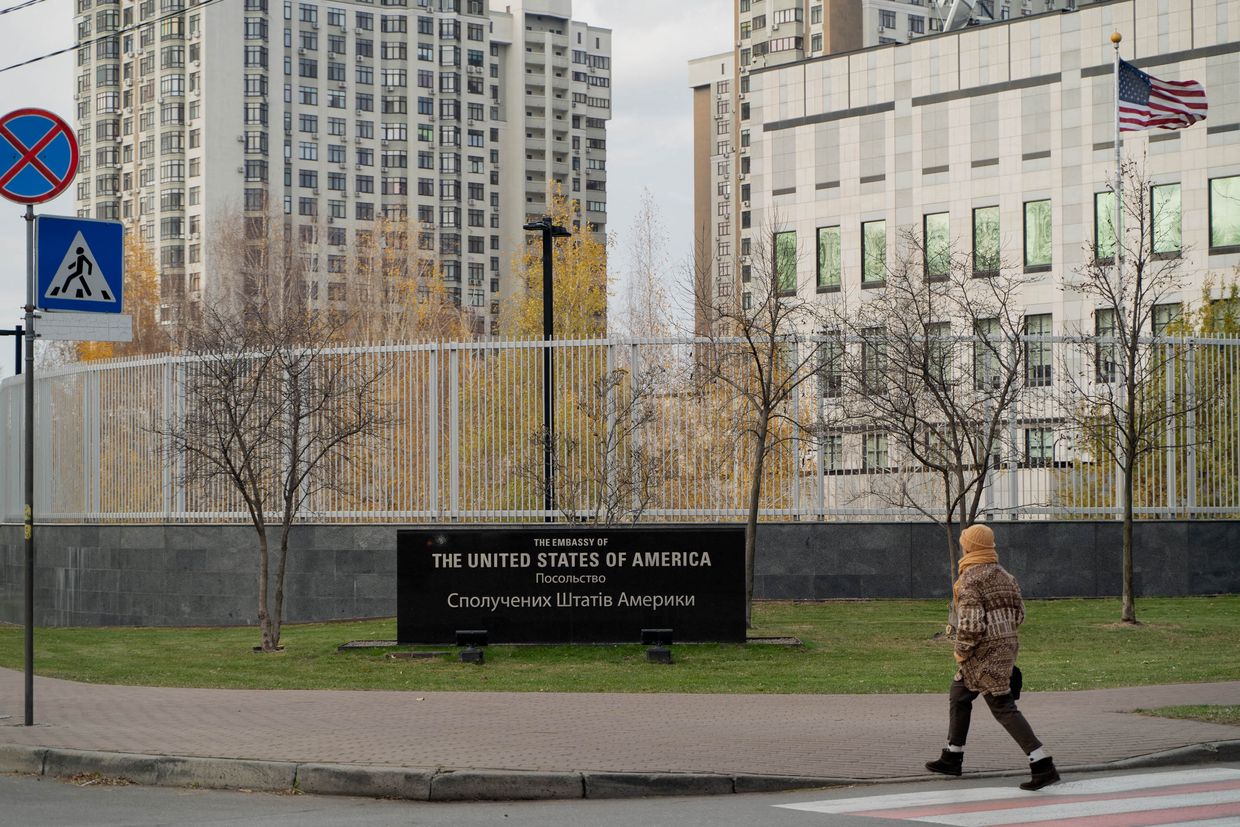
The United States embassy in Kyiv on May 9 issued a warning that Russia could launch "a potentially significant" attack in the coming days, despite Putin's self-declared Victory Day "truce."
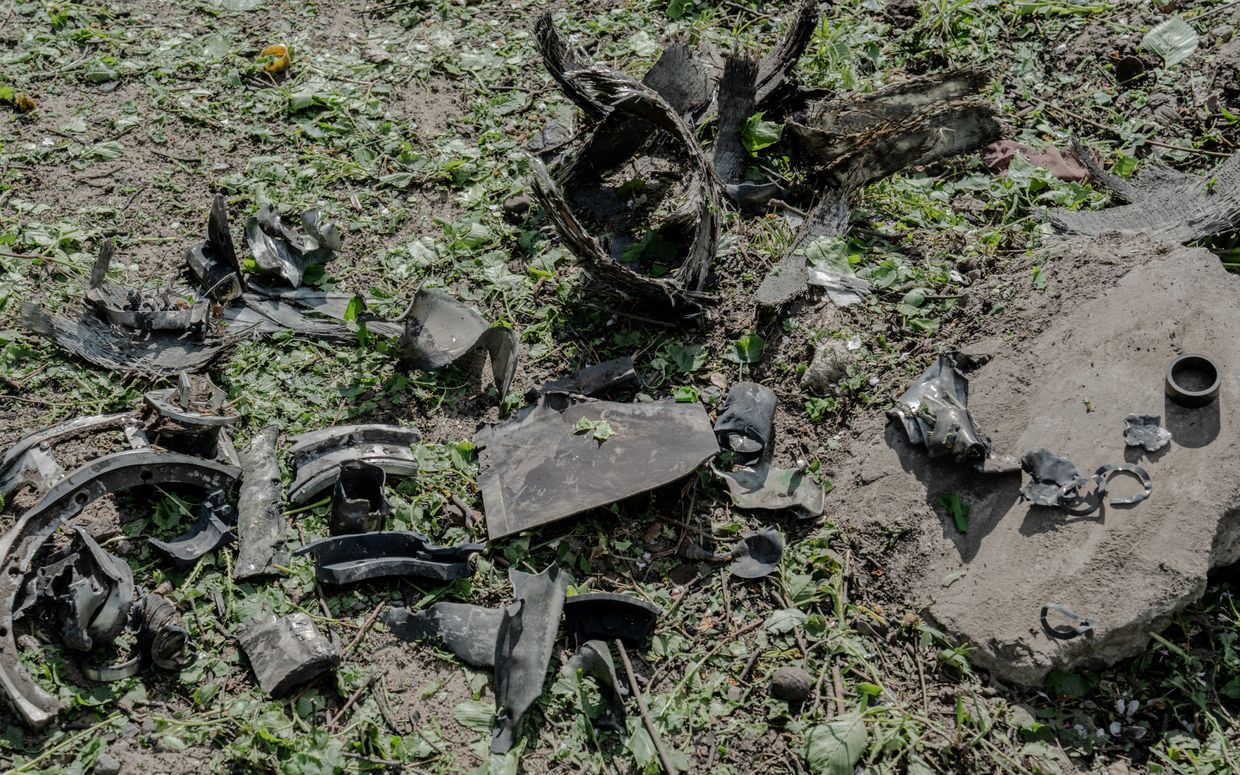
Despite the Kremlin's announcement of a May 8–11 truce, heavy fighting continued in multiple regions throughout the front line.
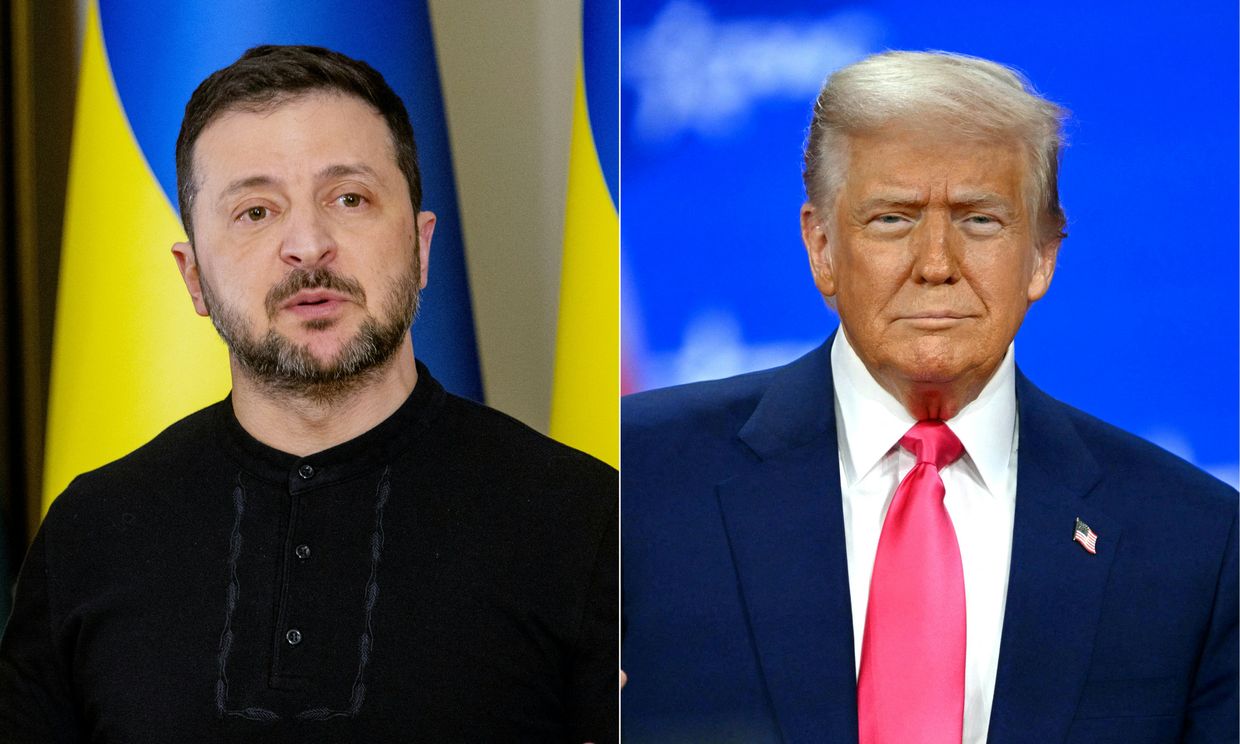
US President Donald Trump on May 8 called for a "30-day unconditional ceasefire" between Ukraine and Russia. Writing on Truth Social, Trump expressed his hope for "an acceptable ceasefire," with both countries "held accountable for respecting the sanctity of... direct negotiations."
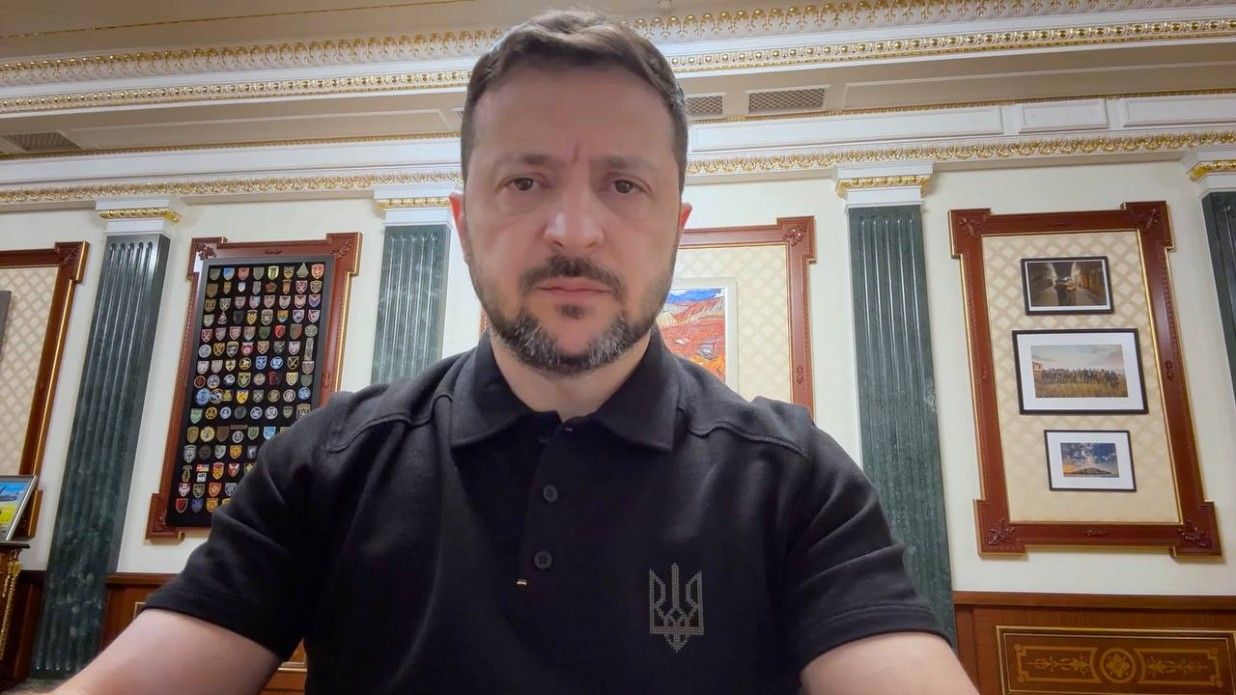
President Volodymyr Zelensky had a "constructive" phone call with United States President Donald Trump on May 8, discussing the war, continued pressure on Russia, and a potential ceasefire.
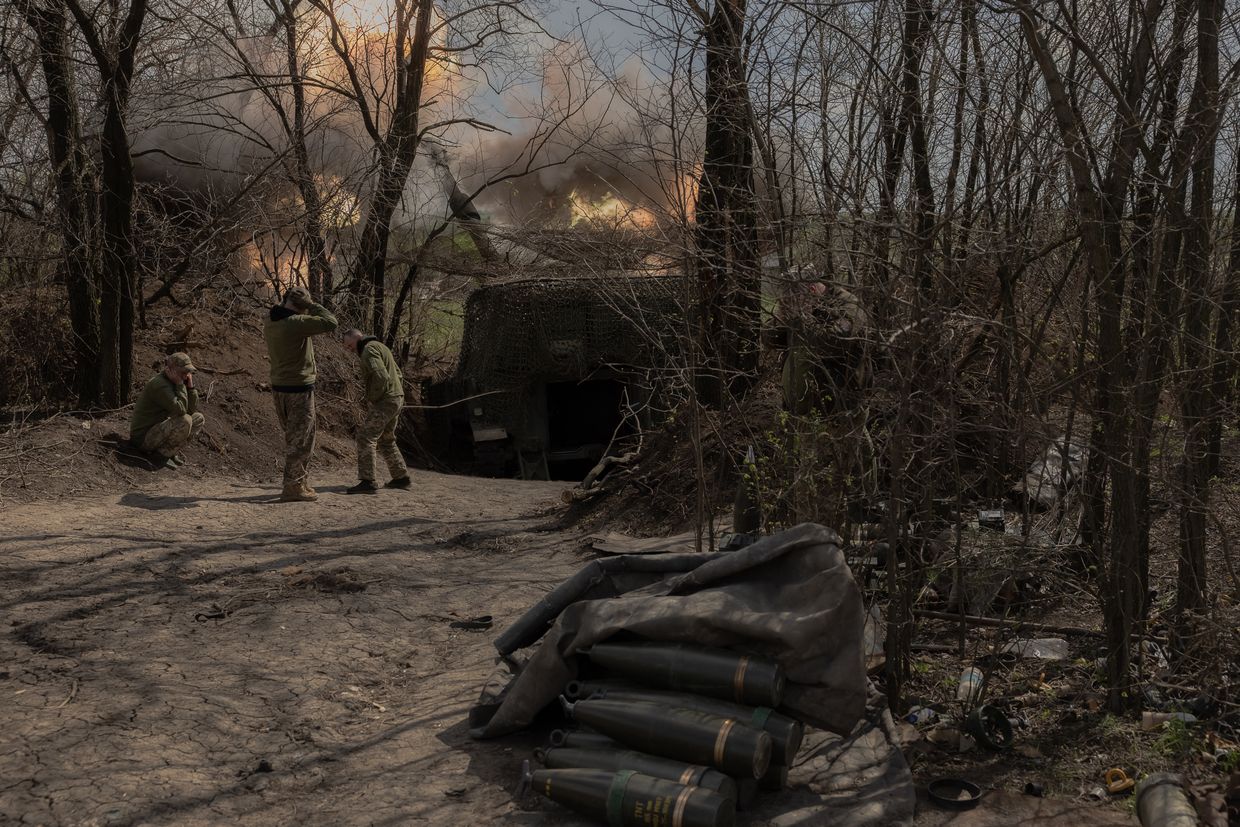
Key developments on May 8: * Over 100 clashes reported on the front line since Russia’s Victory Day ceasefire began * Ukraine's parliament ratifies minerals deal between Washington, Kyiv * Russia has damaged, destroyed over 2,300 medical infrastructure facilities since beginning of full-scale invasion, health ministry says * Russia's ballistic missiles make
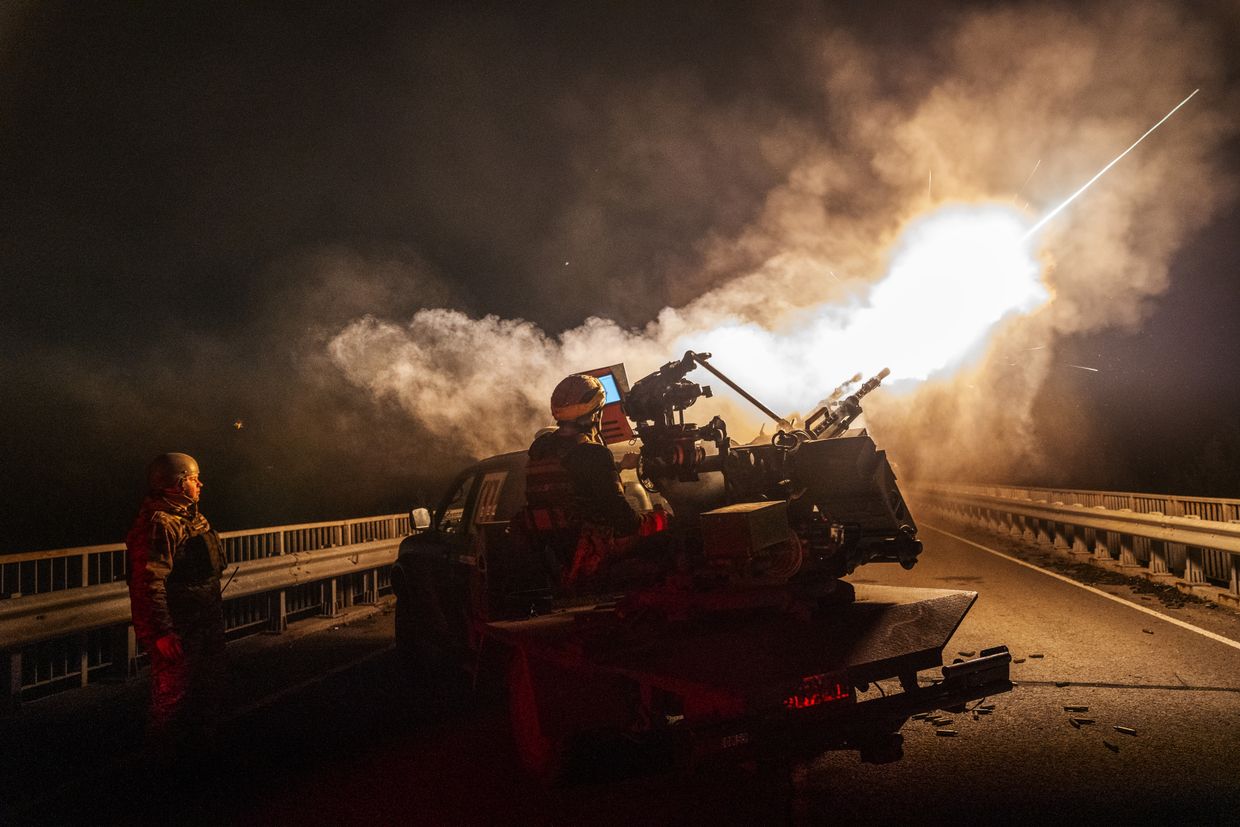
Moscow's self-declared truce which came into force at midnight on May 8 is not being felt on the front lines, Ukrainian soldiers have told the Kyiv Independent, reporting numerous cases of Russian military activity throughout the day. "There is no truce. There is shelling, artillery, drone and FPV (bomb) drops,
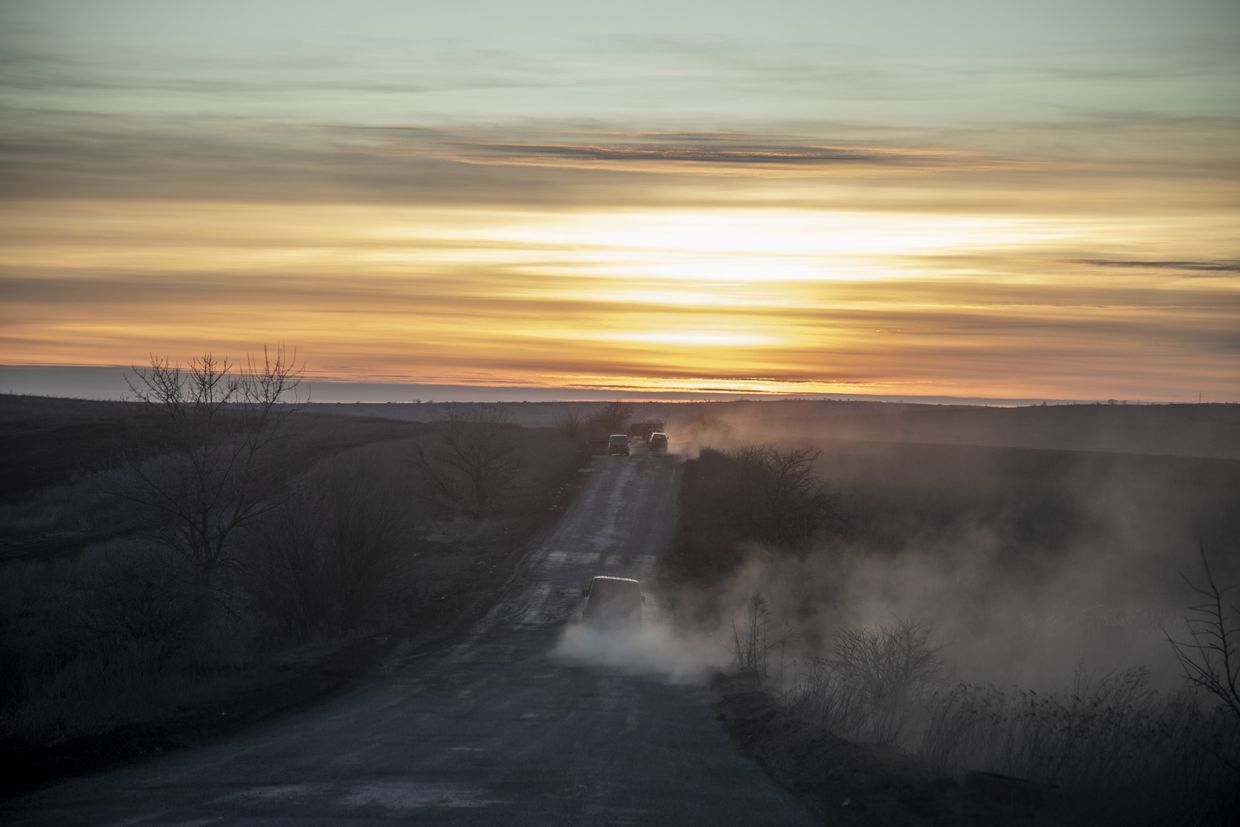
Despite the Kremlin’s announcement of a May 8–11 truce, heavy fighting continued in multiple regions throughout the day.
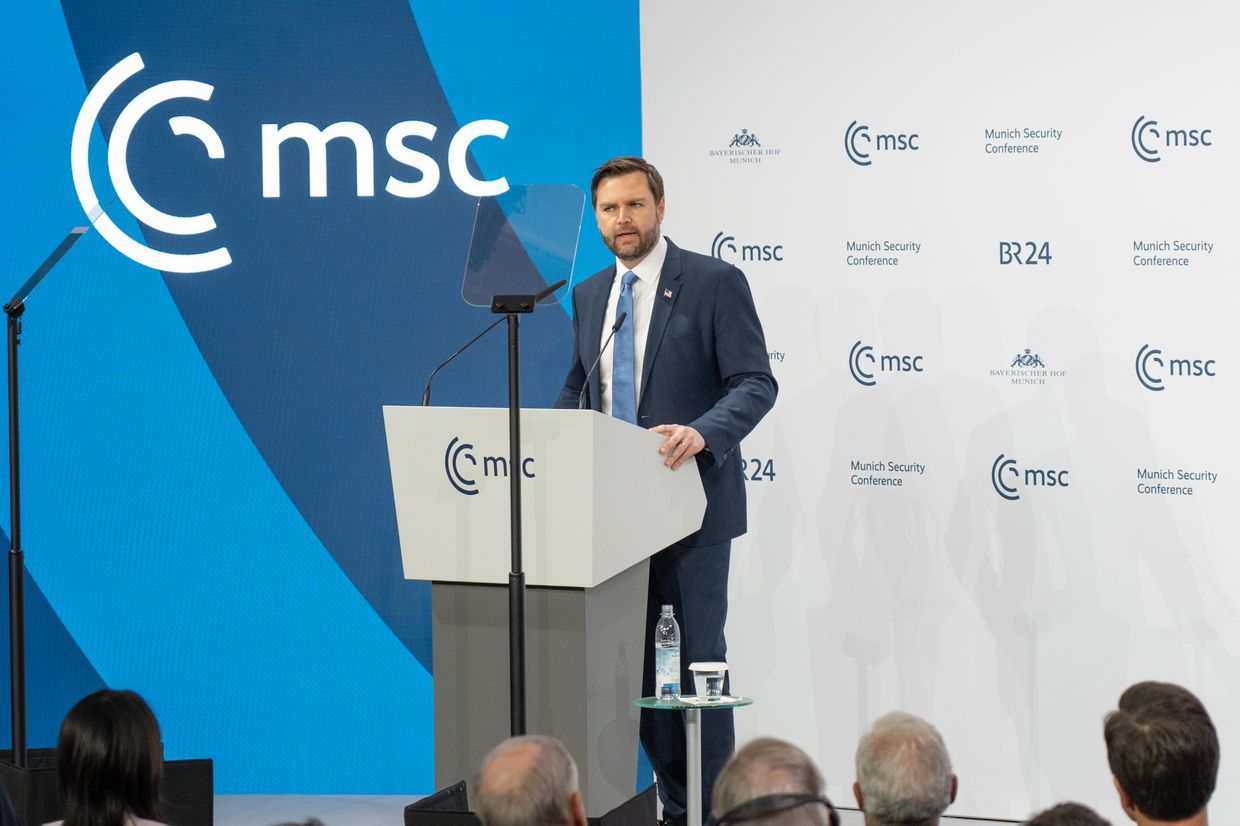
"The Russians are asking for a certain set of requirements, a certain set of concessions in order to end the conflict. We think they’re asking for too much," U.S. Vice President JD Vance said on May 7, according to Politico.
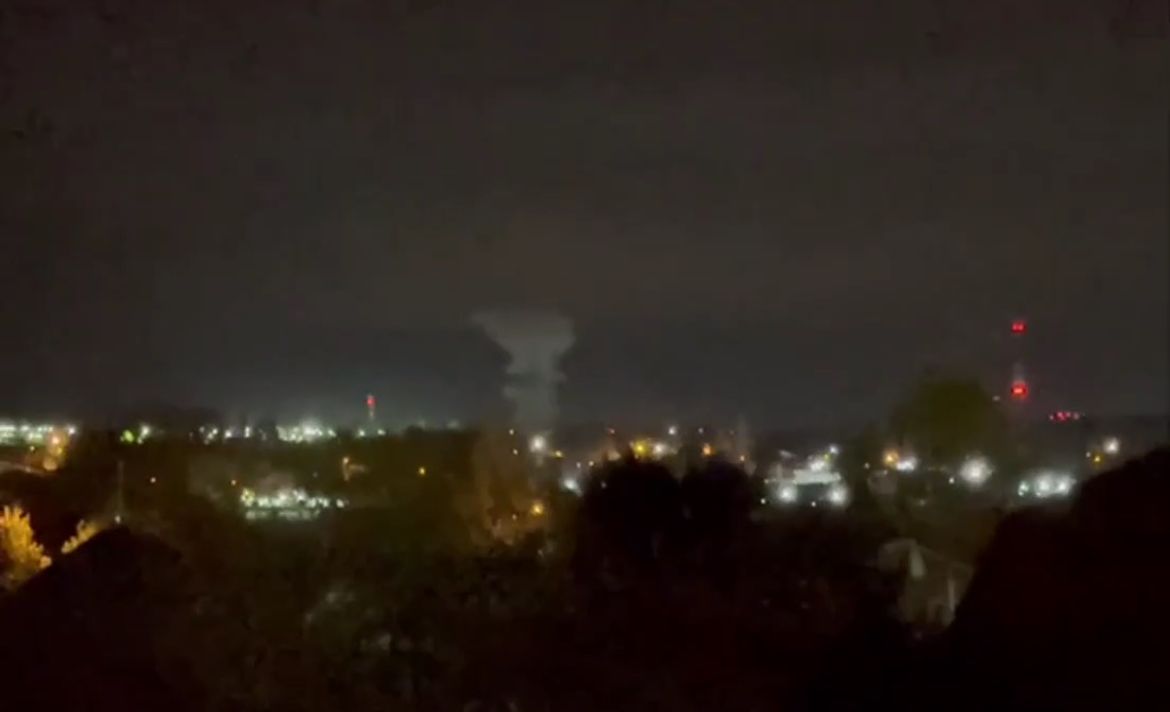
Key developments on May 7: * Ukrainian drone strikes hit two Russian defense plants, grounding flights in Moscow, security service says * Kellogg says Ukraine proposed 30-km demilitarized buffer zone, admits Putin main obstacle to ceasefire * Two volunteers die in Ukraine mine-clearing incident, including British aid worker Chris Garrett * Ukrainian drones reportedly
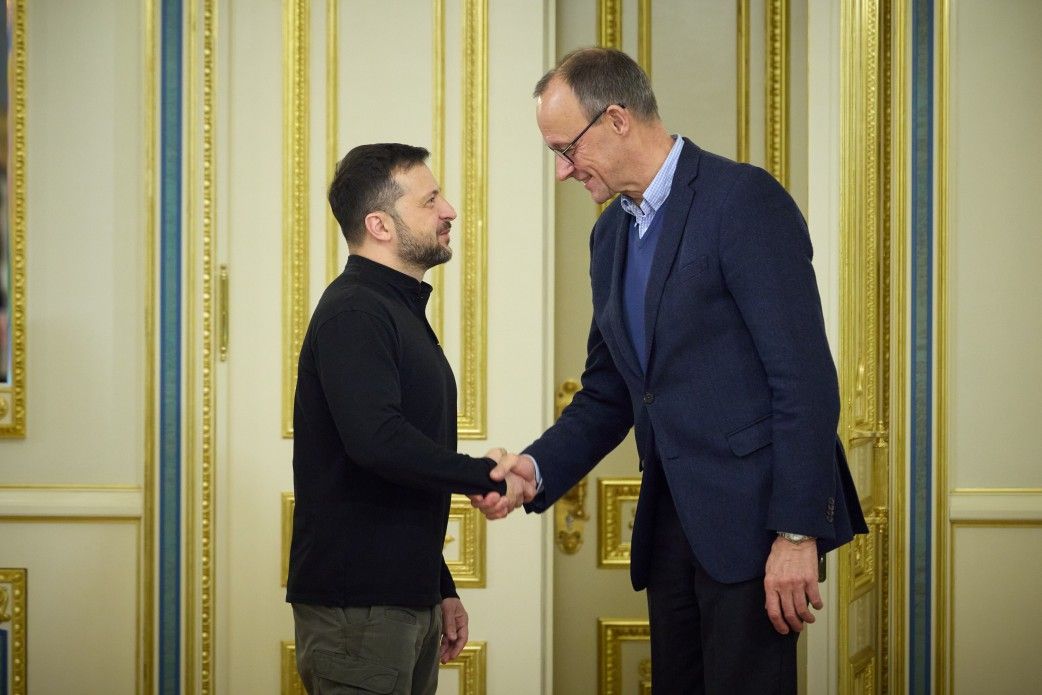
German Chancellor Friedrich Merz said the trip is currently being coordinated and emphasized that the European Union must do “everything possible” to help secure a lasting cessation of hostilities beyond the upcoming weekend.
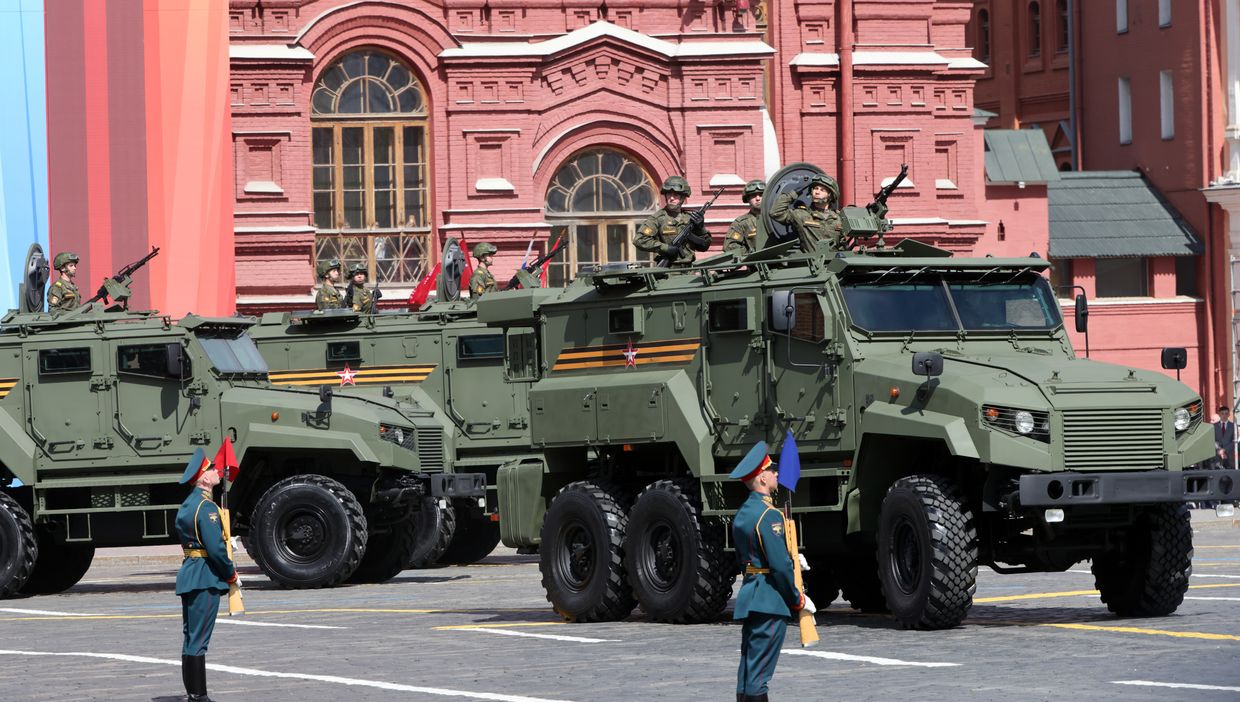
Azeri President Ilham Aliyev and Laotian leader Thongloun Sisoulith will not attend Russia’s Victory Day parade in Moscow on May 9.
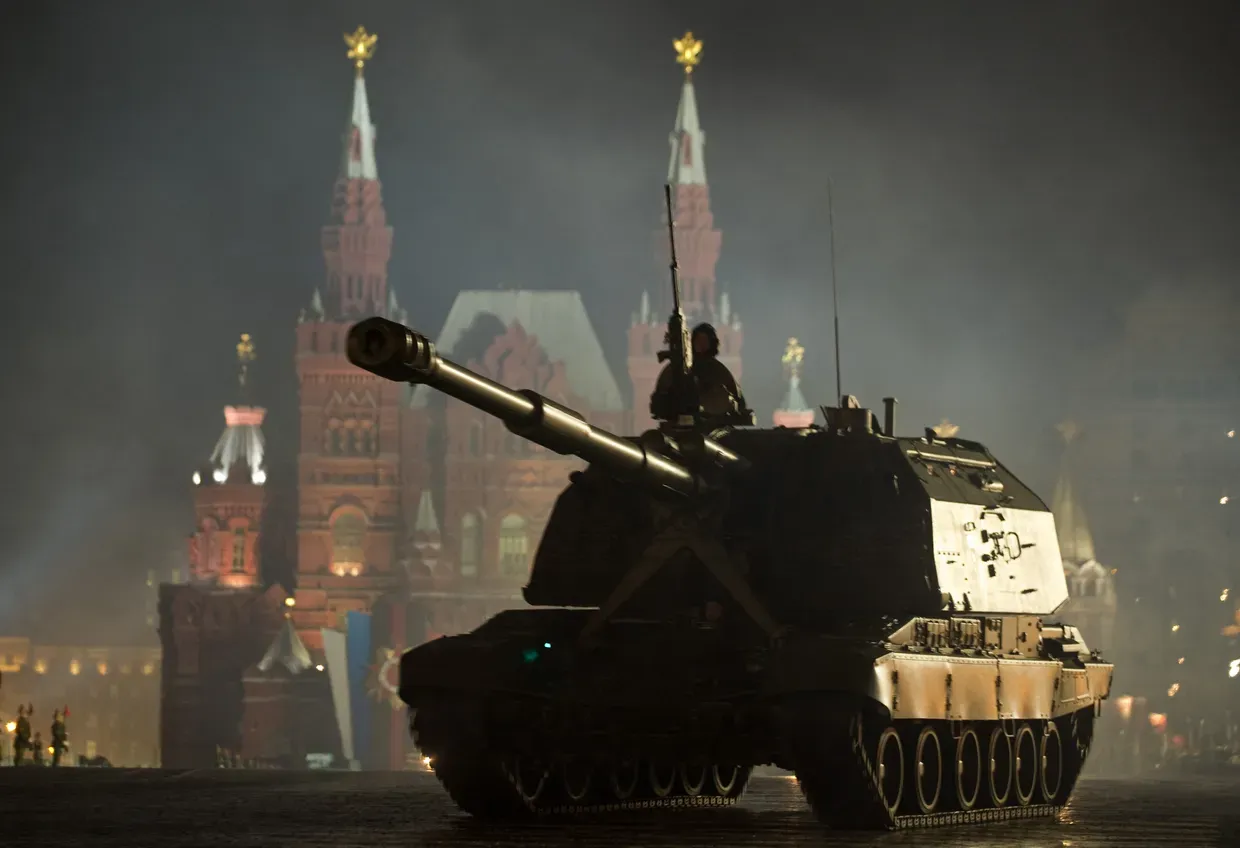
The so-called "humanitarian" truce will run from midnight on May 8 to midnight on May 11.
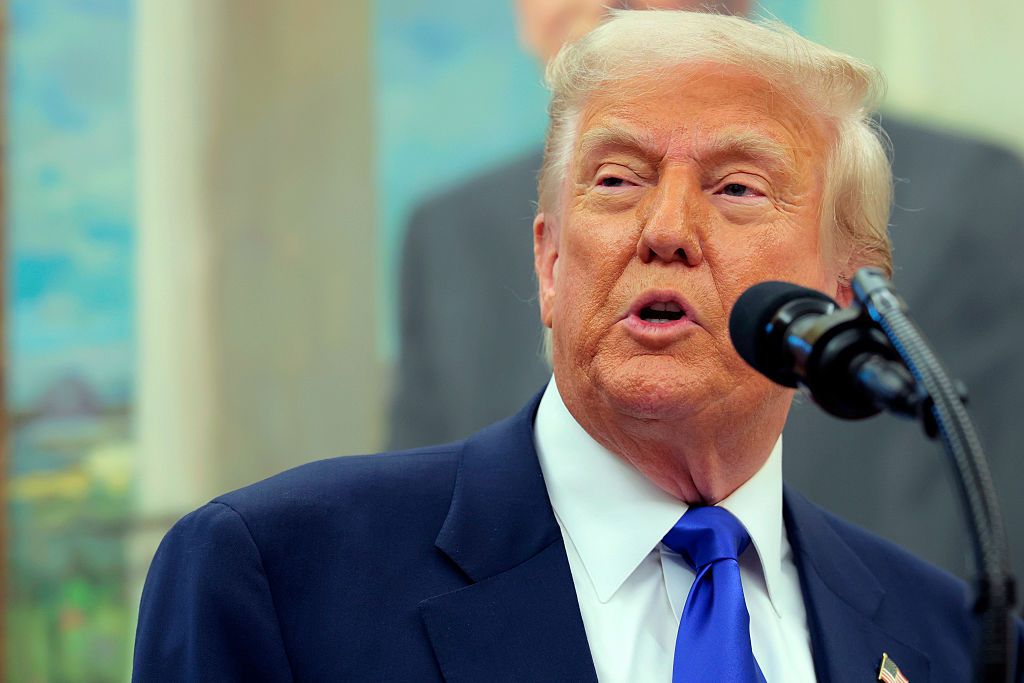
Putin's Victory Day truce "doesn't sound like much, but it's a lot, if you know where we started from," Trump told reporters at the White House on May 5.
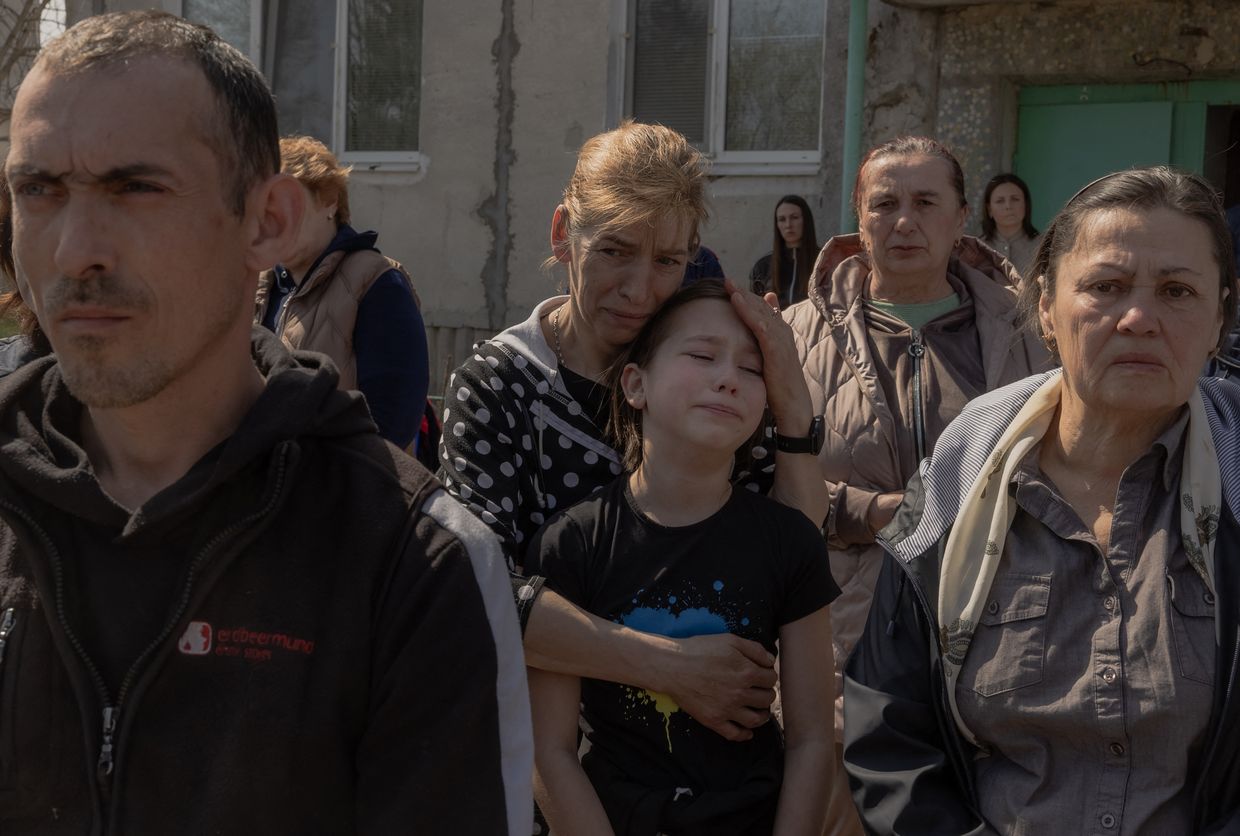
News of Victoria Roshchyna’s brutal death at the hands of Russian captors shocked Ukraine and the world last week. Her body was returned mutilated — eyes gouged out, brain removed — bearing evidence of unspeakable brutality. It wasn’t an accident of war. It was a signature of it. This is
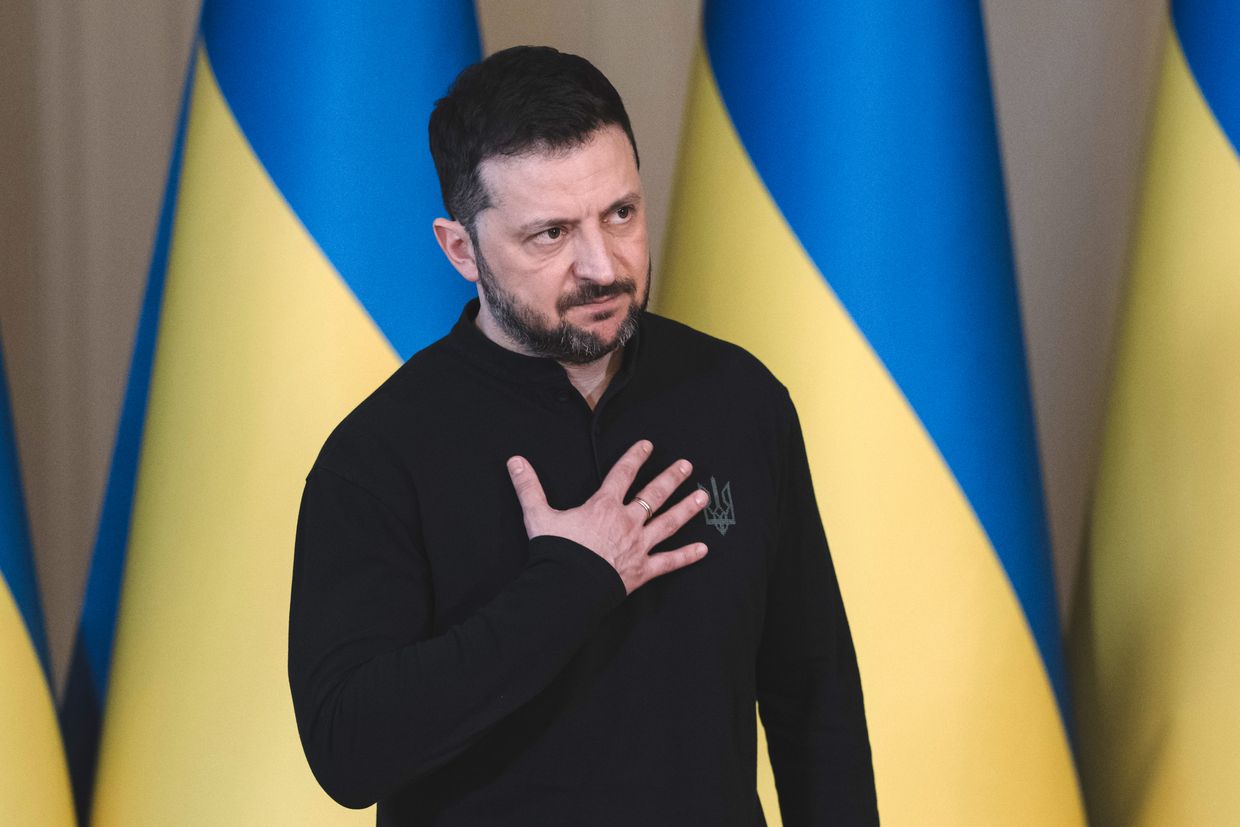
"Russia should know that we are expecting three million artillery shells from our allies. Not only North Korea is capable of helping in the war, we have allies who are helping Ukraine," President Volodymyr Zelensky said.
